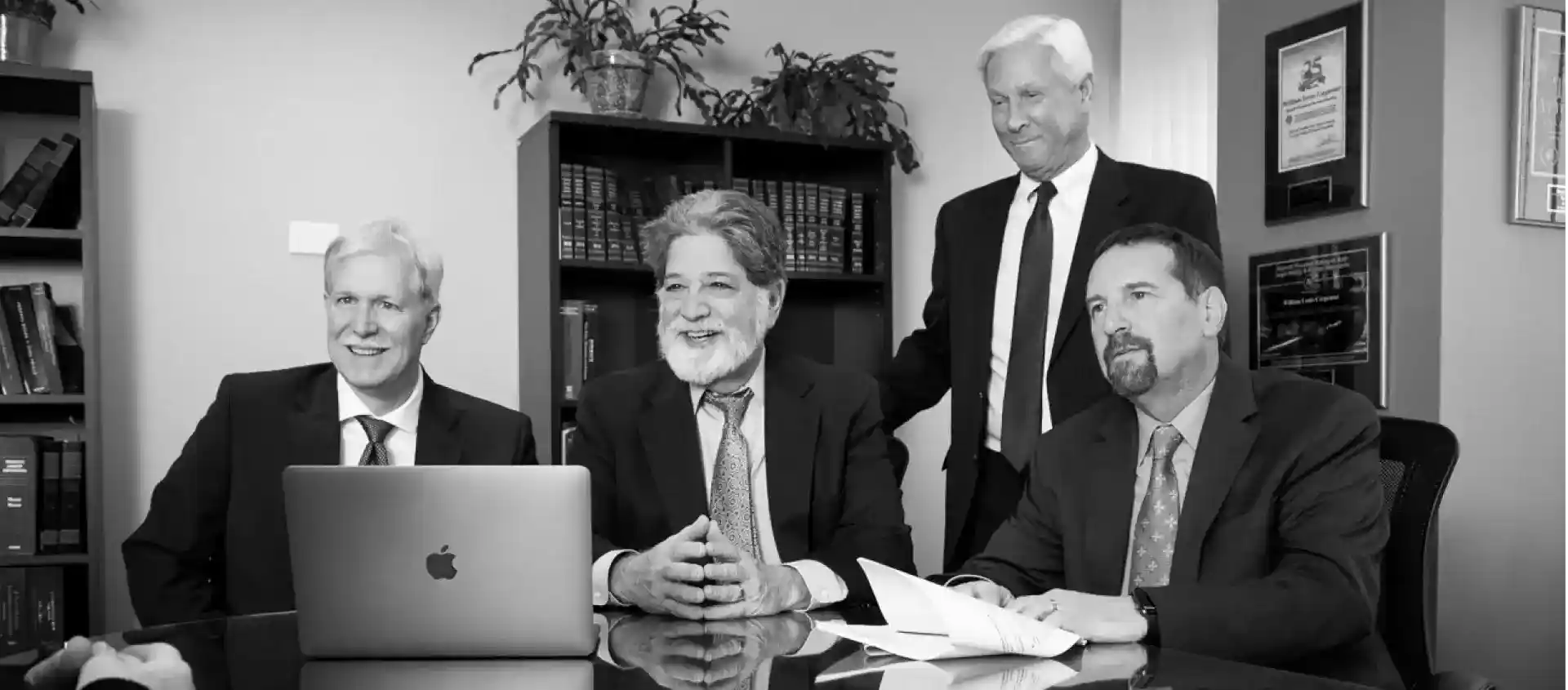
In January of 2020, Colorado’s red flag law will take effect. The proposed bill was approved by Governor Jared Polis earlier this year but was met with some resistance. Many of the state’s police departments said they would ignore the law, as it violates people’s constitutional rights.
What Is a Red Flag Law?
In response to the number of mass shootings taking place across the country, many states have enacted extreme risk protection order (ERPO), or red flag, laws.
In Colorado, the new law will allow a family or household member or law enforcement officer (the petitioner) to petition a court to have a person’s guns taken away from them.
Under the new statute, a family or household member is defined, in relation to the person named in the petition (the respondent), as a:
- Blood relative
- Relative through marriage or adoption
- Person with whom the respondent shares a child
- Current or former (within the last 6 months) roommate
- Domestic partner
- Biological or legal relative, including stepparents, stepchildren, grandparents, and grandchildren
The ERPO petition can’t be filed against just anyone. The petitioner must prove by a preponderance of evidence to the court that the individual named in the request poses a significant risk of injury to themselves or others by possessing or acquiring a firearm.
The person filing the request must state in the petition:
- That the respondent could harm themselves or others with firearms
- Where the respondent’s guns are located (if they have any)
- How many and what type of firearms the respondent possesses
- Whether the respondent must carry a firearm for their job
- If the respondent has a domestic abuse protection order against them
- Whether there is a pending lawsuit or complaint between the petitioner and respondent
- Whether the petitioner informed law enforcement about the respondent
Issuing a Temporary Extreme Risk Protection Order
On the day the petition is filed, or the next court day, the court must hold a hearing to determine whether or not a temporary ERPO should be granted. The respondent need not be present for this initial hearing.
That means the judge could decide to take away that person’s firearms without them having an opportunity to defend themselves. Many have said that this violates a person’s right to due process, as well as their right to bear arms.
If a temporary ERPO is issued, law enforcement must provide the respondent with a notice containing the following information:
- Reason for the ERPO
- Date and time of issuance
- Expiration date
- Address of the court to file a response with
- Requirements for surrendering firearms
- Date and time for the next hearing
Extreme Risk Protection Order Hearing
Within 14 days after the temporary ERPO is ordered, the court will schedule a hearing to determine whether or not a 364-day order should be issued.
The respondent may be present at this hearing to defend themselves against the accusations that they pose harm to others by having or purchasing firearms.
When deciding if a person should be banned from owning or acquiring firearms, the court may consider whether the respondent:
- Recently made a threat of violence to themselves or others
- Had a pattern of making violent threats within the past year
- Violated a protection order
- Currently has or previously had an ERPO issued against them
- Was convicted of a domestic violence crime
- Intends to own or possess a firearm
- Threatened to recklessly use a firearm
- Has a history of using or attempting to use force against others
- Has a history of stalking others
- Has a history of drug or alcohol abuse
- Must carry a firearm for their job
If the 364-day ERPO is issued, the respondent will be notified of the expiration date of the order. The respondent has a right to request a termination hearing.
For Legal Representation, Call Gerash Steiner & Blanton, P.C.
Our attorneys understand the complexities of the criminal justice system and will explore every legal option to ensure your rights are protected.
If you’ve been accused of an offense in Denver, call us at (303) 732-5048 or contact us online for a free case consultation.

